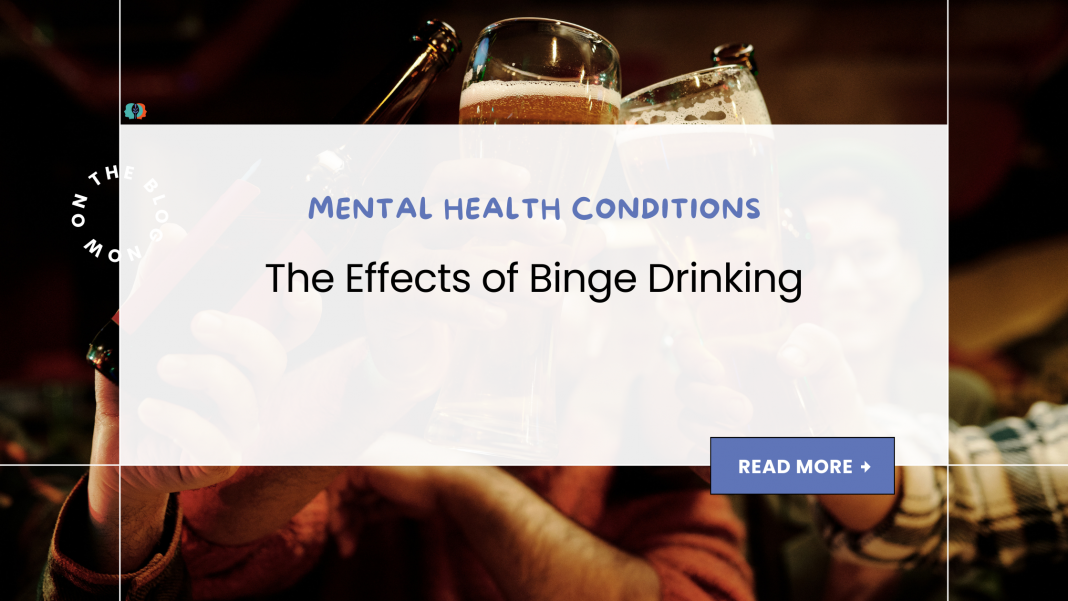The revelry of a night out often comes with the clinking of glasses and the flow of spirits. But when the partying crosses the threshold into binge drinking, the toll it takes on health and society is both profound and long-lasting. In this exploration, we unpack the effects of binge drinking, shedding light on the immediate and enduring consequences that go beyond the next day’s hangover.
The Immediate Impact: Health Risks and Safety Concerns
Binge drinking, defined as consuming a large amount of alcohol in a short period, is often characterized by the intention to become intoxicated. The immediate effects of binge drinking are felt physically and mentally, starting from the moment the alcohol hits the bloodstream.
Physical Health Risks
The body’s response to a flood of alcohol is rapid. Within minutes, blood alcohol concentration (BAC) can soar, leading to impaired judgment, coordination, and reflexes. This state of intoxication makes dangerous behaviors more likely, such as driving under the influence or engaging in risky sexual behavior, which can have dire consequences.
Mental Health Effects of Binge Drinking
Mentally, binge drinking can cause mood swings, aggression, and a false sense of invincibility. In the heat of intoxication, decision-making falters, potentially leading to situations that might never be chosen when sober.
The Morning After: Hangovers and Short-Term Ailments
As the body works to rid itself of alcohol, the individual may experience the classic symptoms of a hangover: headache, nausea, and dehydration. These are signs of the body’s struggle to return to normalcy, but they’re also indicative of the damage done. Each episode of binge drinking can disrupt the delicate balance of neurotransmitters and hormones, affecting mood and physiology alike.
Beyond the Hangover: Long-Term Effects of Binge Drinking
While the short-term effects of binge drinking are well-known, the long-term consequences can be even more disturbing.
Chronic Health Conditions
Regular binge drinking can lead to the development of chronic health issues such as liver disease, cardiovascular disease, and diabetes. It can also exacerbate existing conditions, creating a compounded health concern that could have been avoided.
Mental Health and Cognitive Decline – The Silent Effects of Binge Drinking
The long-term effects on mental health include increased risk of depression, anxiety, and other mood disorders. Furthermore, cognitive decline is a serious risk, with studies indicating that sustained binge drinking can affect cognitive functions, memory, and even lead to early-onset dementia.
Addiction and Dependence
One of the most perilous slopes of binge drinking is the path to alcohol dependence or addiction. What may start as occasional excess can become a pattern, and ultimately, a physical and psychological necessity.
Societal and Economic Impact
The reach of binge drinking extends into the societal and economic spheres. The costs associated with healthcare, lost productivity, and alcohol-related crimes create a significant financial burden. Strained relationships, decreased work performance, and increased healthcare costs visibly demonstrate the ripple effects.
Strategies for Recovery and Prevention
Acknowledging the issue is the first step toward change. Individuals can seek support through therapy, recovery programs, and community support groups. Education and awareness campaigns also play a critical role in prevention, as does policy change aimed at reducing alcohol accessibility and marketing.
Conclusion: A Call to Mindful Drinking
Understanding the effects of binge drinking is essential to fostering a healthier relationship with alcohol. It’s a call to mindful drinking—recognizing limits, understanding risks, and choosing a path of moderation to safeguard our health and well-being.



